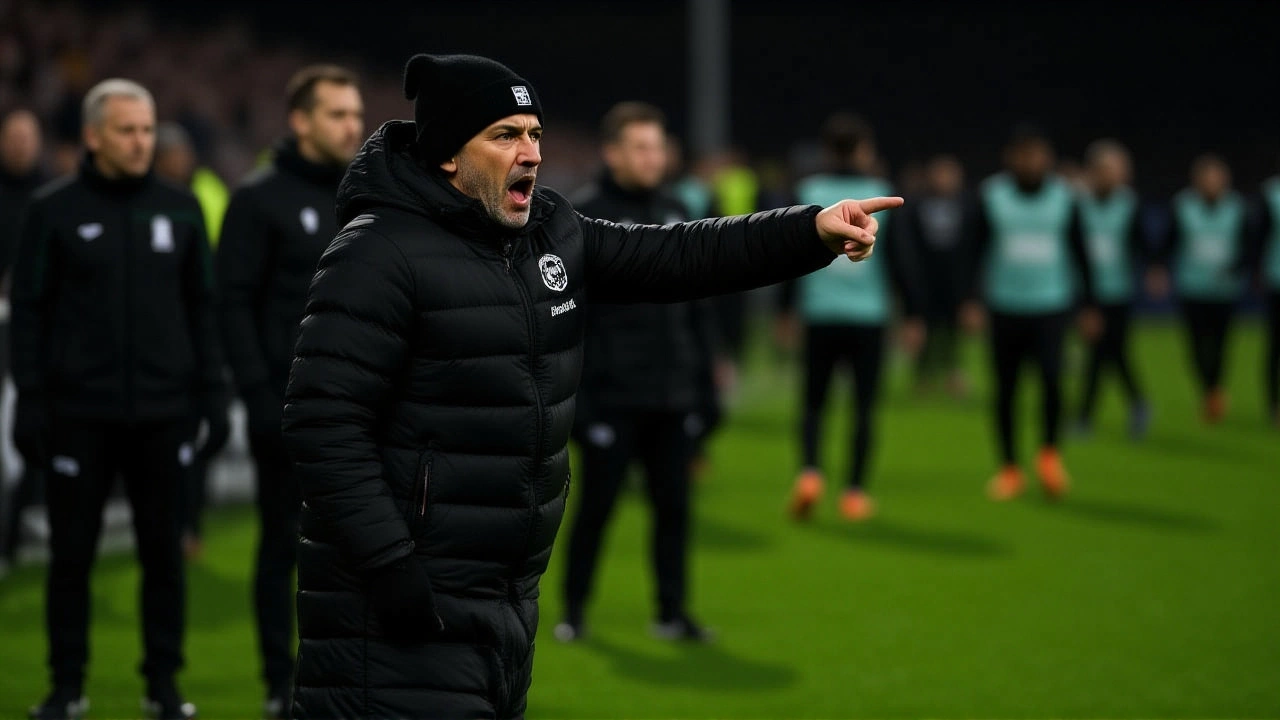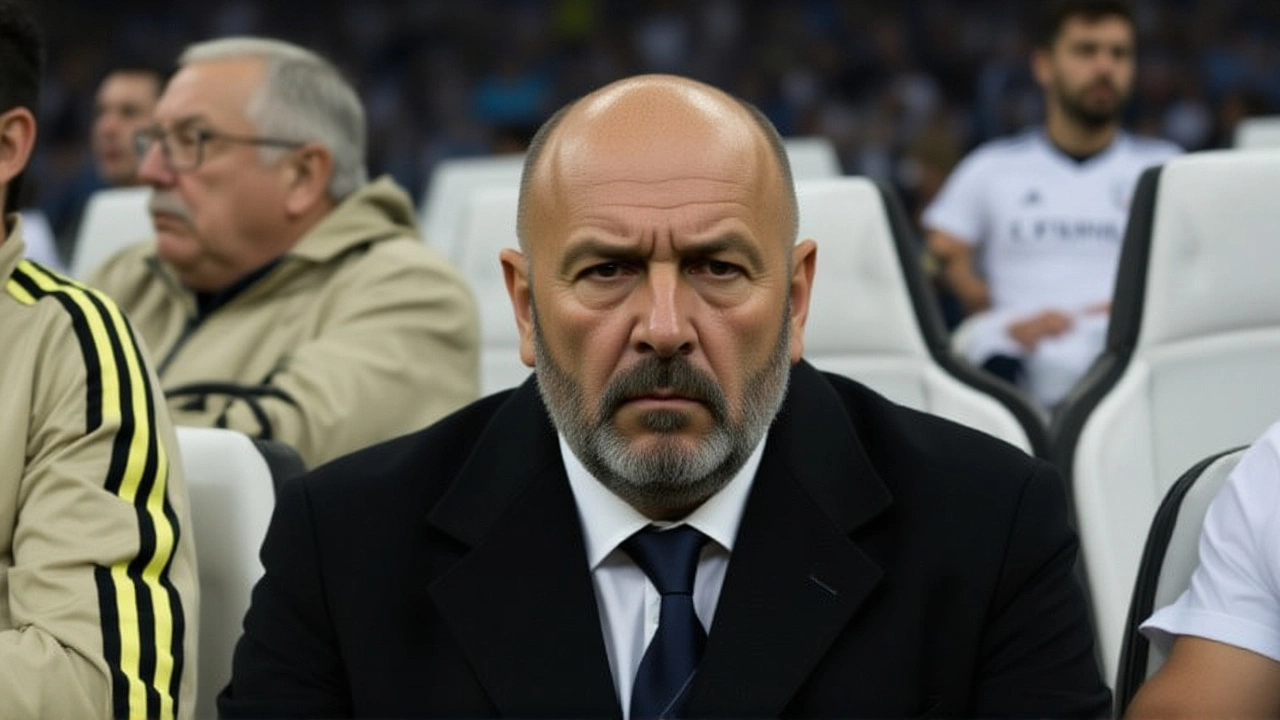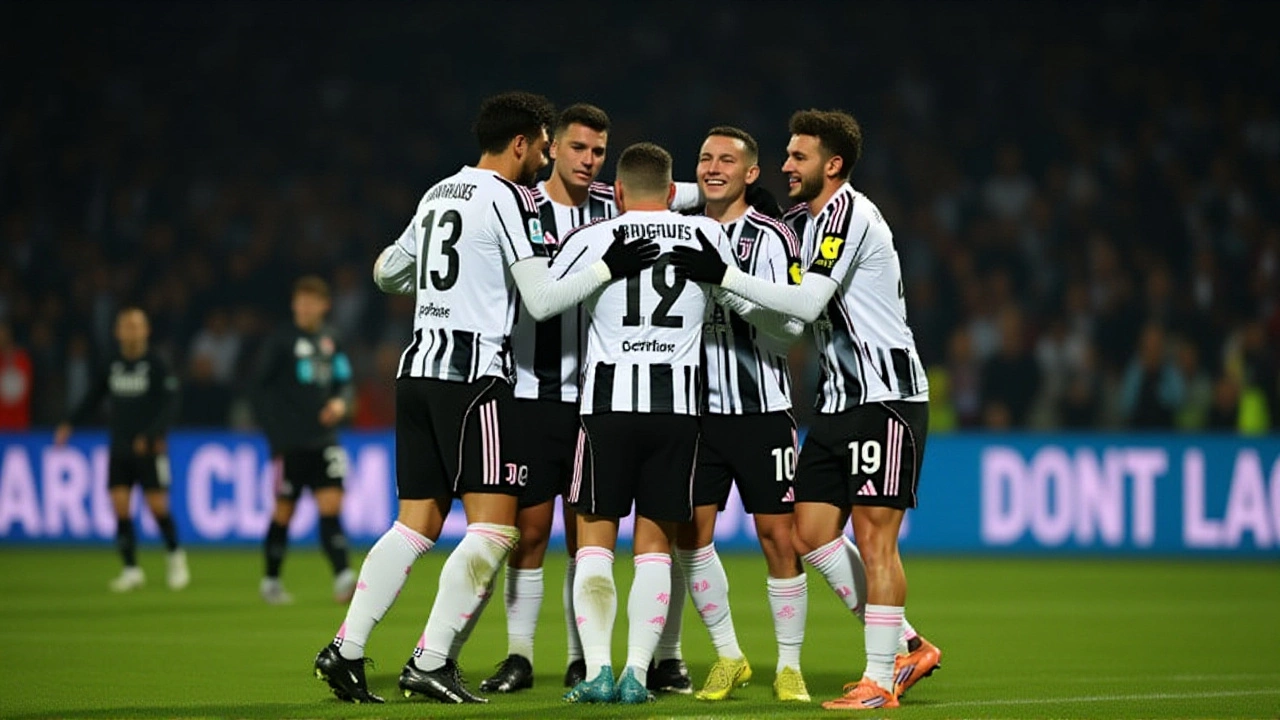When Jonathan David pounced on the rebound at 94:17, the frigid stands of Aspmyra Stadion in Bodø, Norway, erupted—not just from joy, but from disbelief. It was November 25, 2025, and Juventus had just secured their first-ever victory on Norwegian soil, a 3-2 comeback win over FK Bodø/Glimt in the UEFA Champions League Bodø league phase. The goal, a tap-in off a deflected shot by Kenan Yildiz, wasn’t just a winner—it was a lifeline. With three draws in their first four matches, Juventus were clinging to hope, sitting 21st in the 36-team table. Now, with six points, they were breathing again.
The Arctic Cold and the Weight of History
It wasn’t just the -4°C temperatures that made this match feel surreal. It was the silence before the storm. Juventus had never won in Norway. Not in friendly matches. Not in qualifiers. Not even in the Europa League. And FK Bodø/Glimt, the northernmost club ever to reach the Champions League group stage, had just won their last two games in the league phase. They were hungry. They were confident. They were home.Then, in the 11th minute, Ole Didrik Blomberg pounced on a miscommunication between Juventus’ center-backs and smashed a left-footed volley into the top corner. The stadium shook. The snow on the rooftops seemed to tremble. Juventus, without Dejan Kulusevski and Dusan Vlahović due to injury, looked shell-shocked. The Arctic wind didn’t just chill the players—it froze their rhythm.
The Turnaround: Openda, McKennie, and the Midnight Miracle
The turning point came at 33 minutes. Loïs Openda, signed from Lille for €62 million last summer, cut inside from the left and fired a low curler past Andreas Hestnes. 1-1. The equalizer wasn’t pretty, but it was urgent. It gave Juventus oxygen.Then came Weston McKennie. Born in Frankfurt, raised in Texas, now the heartbeat of Juventus’ midfield. In the 51st minute, he rose above two defenders like a man possessed, meeting a corner from Manuel Locatelli with a thunderous header. 2-1. His eighth Champions League goal. Second only to Christian Pulisic among U.S. players. The crowd gasped. The camera caught Luciano Spalletti clenching his fists, eyes wide—this was the first win of his Champions League tenure.
But the Arctic doesn’t give up easily.
The Penalty and the Panic
At 386 seconds into the second half, Sondre Brunstad Fet was brought down in the box by Danilo. The referee pointed to the spot. No VAR review. Just silence. Then, a clean strike from Brunstad Fet—1-2. The home crowd roared. Juventus players froze. The wind picked up. Snowflakes danced across the pitch like confetti at a funeral."We were one mistake away from disaster," admitted Danilo post-match. "You don’t expect that kind of pressure in November in Norway. It’s not football. It’s survival."

Yildiz’s Half-Time Spark and David’s Final Touch
Kenan Yildiz came on at halftime. A 20-year-old Turkish sensation, he’d been benched for three straight games. He didn’t just play—he orchestrated. He created the equalizer. He drew the foul that led to the penalty. And in the 90th minute, he drove into the box, fired low, and watched as the ball ricocheted off the post, then the keeper’s glove, then straight into the path of Jonathan David.David, 25, born in Brooklyn, raised in Quebec, now the Canadian national team’s talisman, didn’t celebrate with his arms wide. He just stared at the ball, then at the sky. A single fist pump. No scream. No flip. Just relief. "I’ve scored in snow before," he said afterward. "But never like this. Never when the whole season hangs on it."
According to Juventus’s internal stats, Yildiz had a hand in all three goals—assisting Openda’s equalizer, creating the penalty, and delivering the final shot. "He played like a veteran," said Spalletti. "And we needed that. Because the others? They’re still finding their way."
Why This Win Matters More Than the Points
Juventus didn’t just win a game. They won momentum. They won belief. After Massimiliano Allegri’s abrupt dismissal in October and Thiago Motta’s shaky interim reign, this was the first time the squad looked like a team—not a collection of stars trying to remember their roles. The five changes from the starting XI? They weren’t a sign of weakness. They were a gamble. And it paid off."We were on the outside looking in," ESPN’s November 25 analysis read. "Now, they’re in the room."
The win moved Juventus to sixth in their group, still not guaranteed progression—but with four matches left, they’re alive. And for a club that hasn’t reached the Champions League knockout stage since 2021, that’s everything.

What’s Next? The Road to the Top 24
Juventus’ next three fixtures: away to FC Porto, home to FC Red Bull Salzburg, and a crucial away clash with AC Milan. They need at least four points from those to be safe. But now, they’ve shown they can win under pressure—in snow, in silence, in the middle of nowhere.As for FK Bodø/Glimt? They’re still in it. Two wins, two losses. One more point and they could sneak into the top 24. Their fans didn’t leave the stadium after the final whistle. They sang for 20 minutes. They knew they’d played giants. And for a moment, they beat them.
Frequently Asked Questions
How did Jonathan David’s goal impact Juventus’ Champions League qualification chances?
Jonathan David’s stoppage-time winner gave Juventus their first win in the 2025-2026 Champions League, lifting them to six points and into 21st place in the 36-team league phase. With 24 teams advancing, this win pulled them from the danger zone—previously tied for 24th on goal difference. Four matches remain, and they now trail only three teams in their group by one point. Without this goal, they’d have been on the brink of elimination.
Why was this match historically significant for Juventus?
This was Juventus’ first-ever victory in Norway across all competitions, dating back to their 1998 UEFA Cup campaign. They’d lost 1-0 in Bodø in 2008 during a friendly and drawn 2-2 in Oslo in 2015. The win also marked Luciano Spalletti’s first Champions League victory as Juventus coach, ending a run of four straight draws. For a club with 36 European titles, this was a symbolic breakthrough—not just in points, but in resilience.
What role did Kenan Yildiz play in the match, and why was his substitution crucial?
Kenan Yildiz, brought on at halftime for the underperforming Arthur Melo, was directly involved in all three Juventus goals: he assisted Loïs Openda’s equalizer with a through ball, drew the penalty that led to Sondre Brunstad Fet’s goal, and took the shot that rebounded to Jonathan David for the winner. His energy, vision, and composure under pressure transformed Juventus’ attack. His performance earned him a 9.1 rating from Opta, the highest of any player on the pitch.
How did Weston McKennie’s goal affect his legacy among U.S. players in the Champions League?
McKennie’s 51st-minute header was his eighth career Champions League goal, moving him into sole second place among American players, behind only Christian Pulisic’s 12. He’s now the only U.S. player with multiple Champions League goals for a top-five European club (Juventus, Bayern, Manchester United). His goal also made him the first American to score for Juventus in the competition since 2017, when Paul Pogba—though French—was the last U.S.-based player to find the net for the Bianconeri in Europe.
What made Aspmyra Stadion such a difficult venue for visiting teams?
Aspmyra Stadion, located at 67°N—well above the Arctic Circle—faces extreme conditions: temperatures regularly drop below -10°C in November, with wind chill reaching -20°C. The pitch, built on permafrost, becomes uneven and slippery as snow melts and refreezes. The stadium’s 11,800 capacity fills with roaring fans whose chants echo off the surrounding mountains, creating a deafening, disorienting atmosphere. Only three away teams have won here since 2019: Bodø’s own rivals, and now, Juventus.
Is this win enough to secure Juventus’ place in the knockout stage?
Not yet. Juventus still needs four points from their final four matches to guarantee a top-24 finish. They’re currently tied with FC Midtjylland and FC Basel on six points but lead on goal difference. A win against AC Milan in February could seal qualification, but a loss to FC Porto could see them drop to 26th. The margin is razor-thin—and the Arctic has shown them they can win when it matters most.
